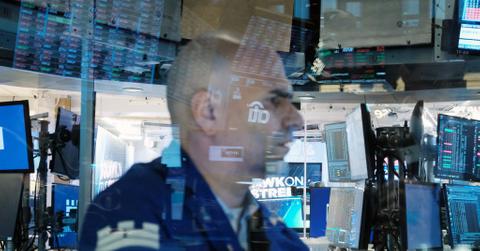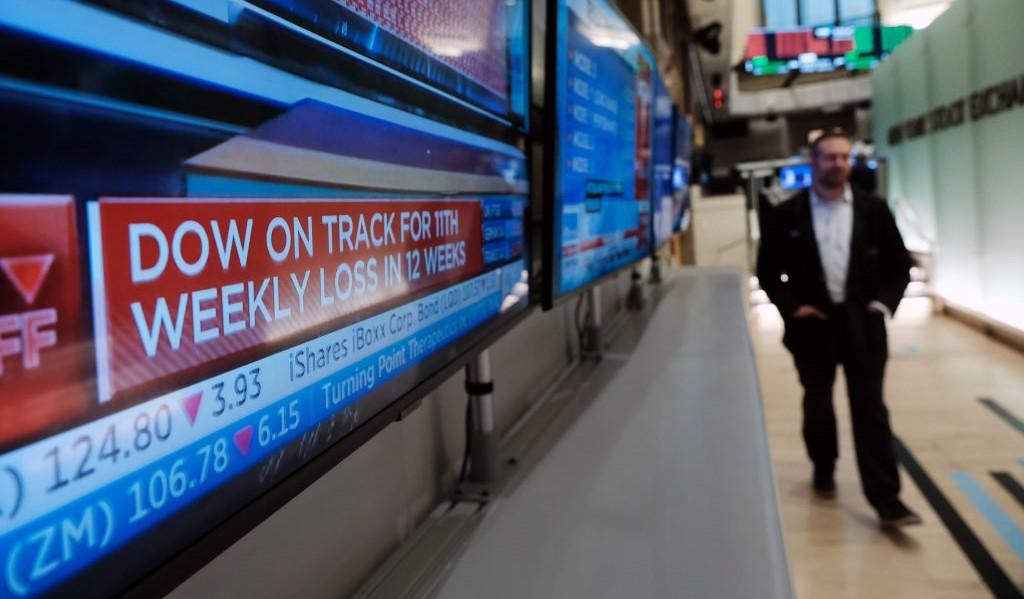How a Recession Could Really Affect the Stock Market
Each recession is different, but here’s how an upcoming recession could impact the stock market. Let's take a look at past scenarios and the current landscape.
June 16 2022, Published 2:43 p.m. ET
Here’s what could really happen to the stock market if a recession comes, a prospect that many experts across the board have projected.
Most young millennials in the U.S. remember growing up during the Great Recession that stemmed from the 2008 financial crisis. Then, the term recession felt vague, but sinister as it pushed already marginalized classes further toward the fiscal edge. The reality is that a recession is a technical concept and every recession is different. Naturally, its impact on the stock market is bound to vary, too.
What happens to stocks in a recession? A historical analysis
The U.S. has endured 14 official recessions since the Great Depression, three of which have occurred in the new millenium. In the last 85 years, beginning at the start of the Recession of 1937, the nation has experienced a recession once every six years on average.
By definition, the U.S. officially enters recession territory after experiencing two consecutive quarters of GDP decline.
Surprisingly, stock market behavior before, during, and after recessions is promising. While indices tend to sink in the 4–7 months prior to the official start of a recession, they have a habit of getting the worst over with before or during the early stages of a recession. That’s why the stock market has ended every recession since 1945 about 1 percent above its starting value — because stocks have already gotten through the majority of their suffering by the time the recession hits.
This is good news for investors who feel nervous or even panicked. If you can reach the recession mark, you can avoid capitulation (or the concept of lost hope and selling assets in the red).
What could happen to the stock market if another recession comes?
If history tells us anything, it’s that the upcoming potential recession will be the broader economic aftermath of a bottomed-out stock market. However, there are certain factors that make the current economic landscape unique. For one, the U.S. government agreed to spend a record $4.6 trillion on COVID-19 relief measures so far. Injecting such massive amounts of money into the economy creates its own class of circumstances.
Then there’s the pandemic itself, as well as the ongoing war in Ukraine that continues to reverberate through the global supply chains. All of these special considerations suggest a looming recession may be its own beast, and that the stock market could respond differently than anticipated.
That isn't to say the potential upcoming recession will be particularly large. Recessions can be mild and severe, and it’s too early to tell if a recession will surely come let alone how bad it will be.
Chief investment strategist for CFRA Research Sam Stovall says about investing in the stock market amid a recession, “When we do finally fall into a recession, that’s usually a good time to get back into the market.” While investors with a long-term plan don’t necessarily need to back out of their positions at a loss, the weather for active traders may be harsher.


